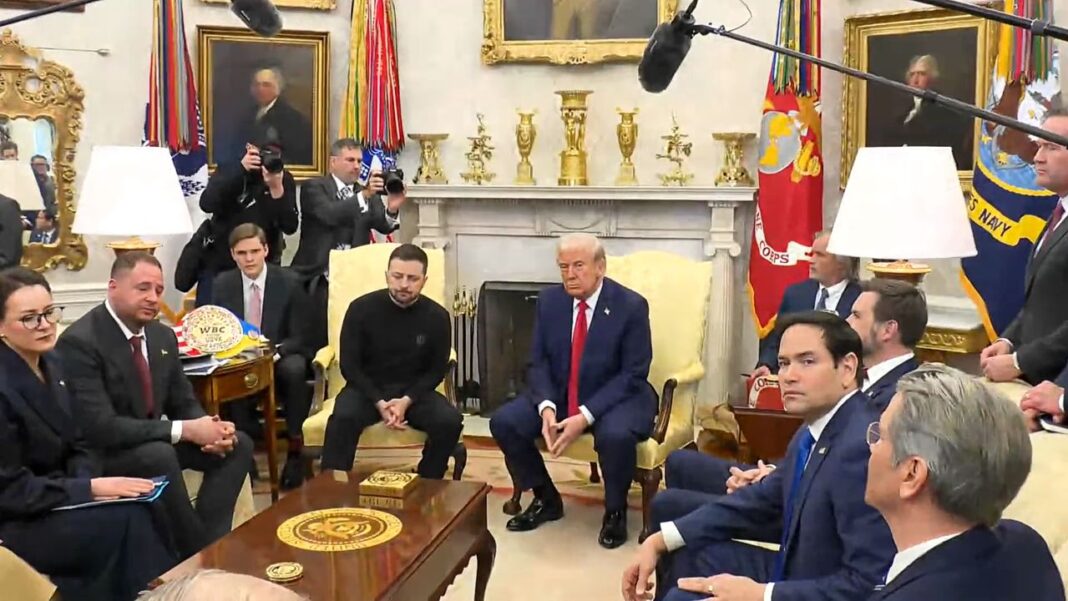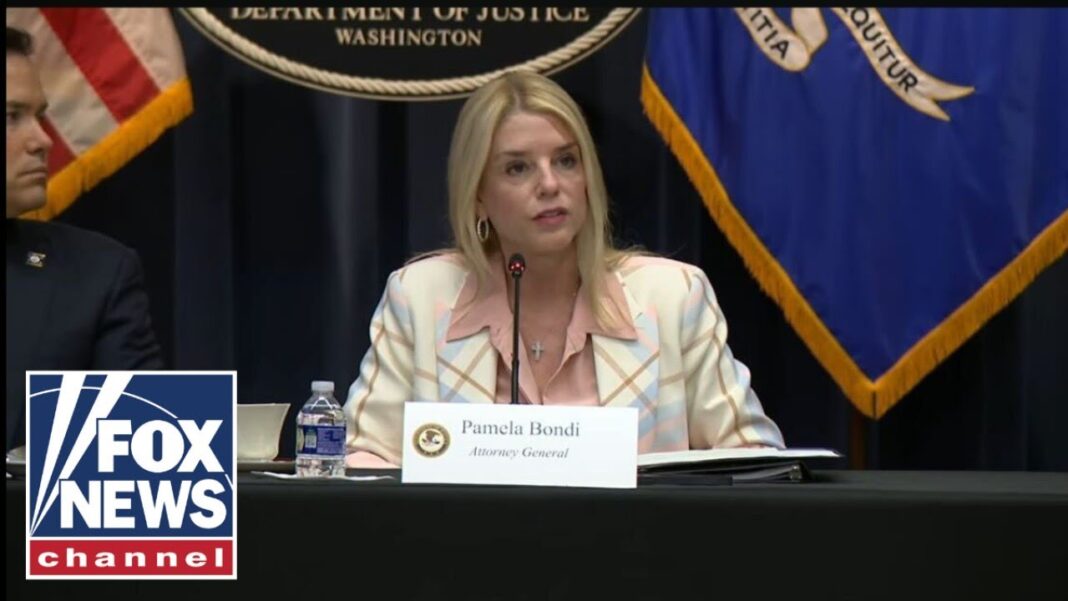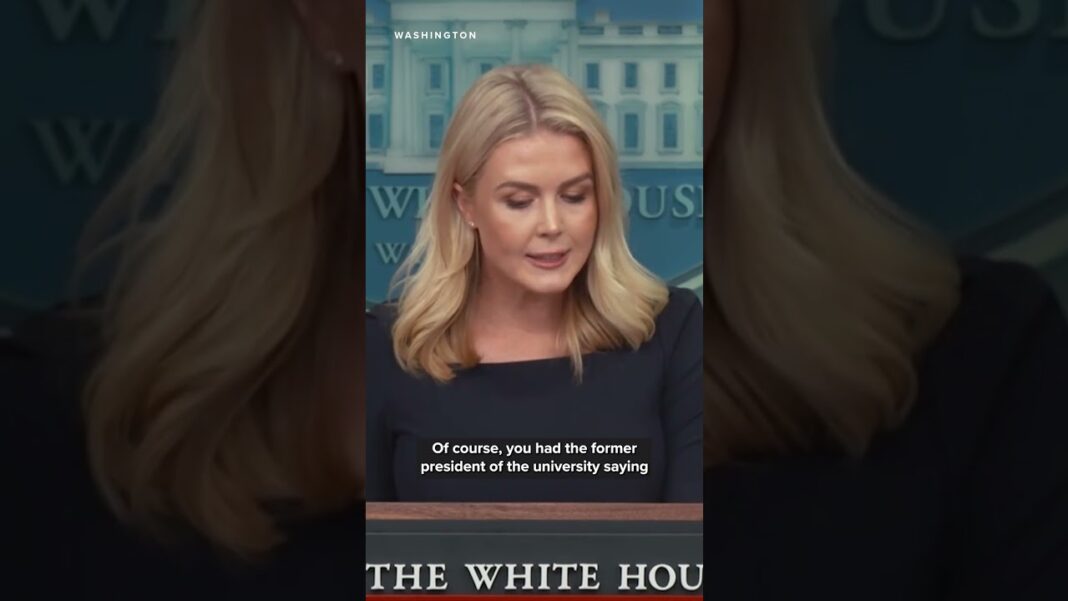Zelenskyy had resisted earlier versions of the minerals deal, citing the absence of firm security guarantees for Ukraine.
U.S. President Donald Trump said on Friday that Ukraine hasn’t signed a long-delayed rare earths agreement that the Trump administration has said is critical to cementing economic ties between Washington and Kyiv and supporting Ukraine’s post-war reconstruction.
“Ukraine, headed by [President] Volodymyr Zelenskyy, has not signed the final papers on the very important Rare Earths Deal with the United States. It is at least three weeks late. Hopefully, it will be signed IMMEDIATELY,” Trump wrote in a post on Truth Social on April 25.
Trump also expressed optimism that a broader peace deal between Ukraine and Russia was within reach.
“Work on the overall Peace Deal between Russia and Ukraine is going smoothly. SUCCESS seems to be in the future!” he said.
The minerals deal, first announced by Trump in February, would grant the United States a share of revenues from Ukraine’s rare earths, hydrocarbons, oil, and natural gas in exchange for continued security assistance. Although the agreement does not contain the explicit military guarantees Kyiv has sought, Treasury Secretary Scott Bessent said it contains an implicit security commitment by giving Washington a vested interest in Ukraine’s stability and sovereignty.
Last week, Trump told reporters that Washington and Kyiv would likely sign the deal by April 24.
Zelenskyy has not publicly responded to Trump’s remarks about the minerals deal. In his nightly address to the nation on April 25, he focused on separate negotiations with partners, including the United States, over the purchase of Patriot missile defense systems.
“We will seek to reach a corresponding agreement with the United States—an agreement on Patriots for Ukraine,“ Zelenskyy said. ”We are ready to purchase the necessary number of Patriot systems for our country. This is not about charity. We have proposed concrete deal options to protect our people.”
On the broader question of peace efforts, Zelenskyy emphasized the need for an immediate halt to hostilities.
“An unconditional cease-fire is needed,” he said. “Real pressure on Russia is needed so that they accept either the American proposal to cease fire and move towards peace, or our proposal—whichever one can truly work and ensure a reliable, immediate, and unconditional cease-fire, and then—a dignified peace and security guarantees.”
The United States has not formally released details of its Russia-Ukraine peace proposal.
By Tom Ozimek








